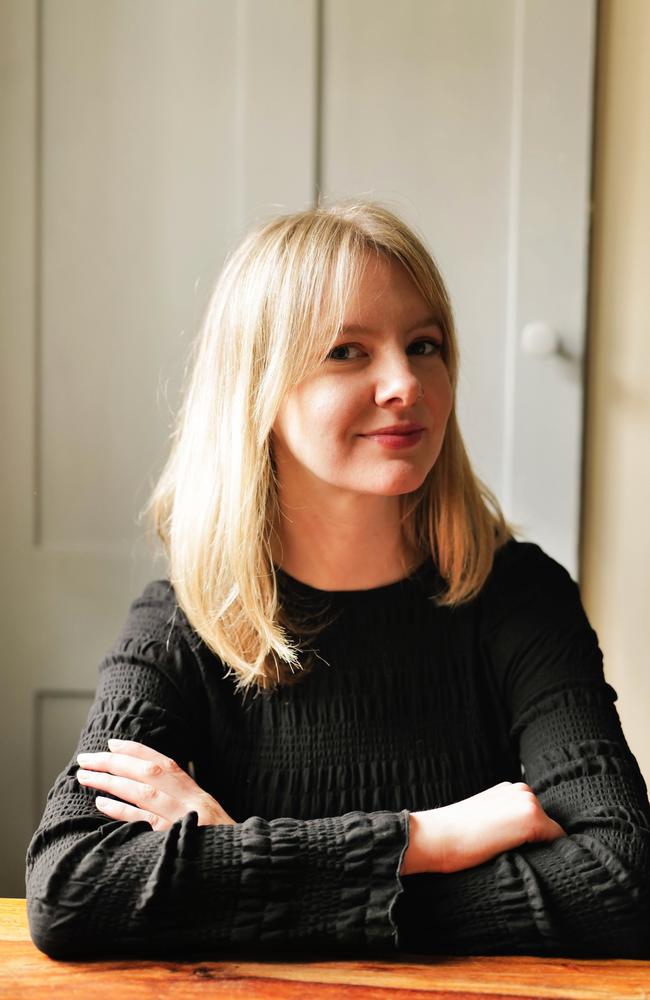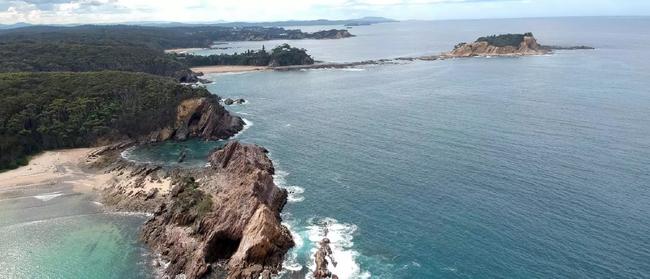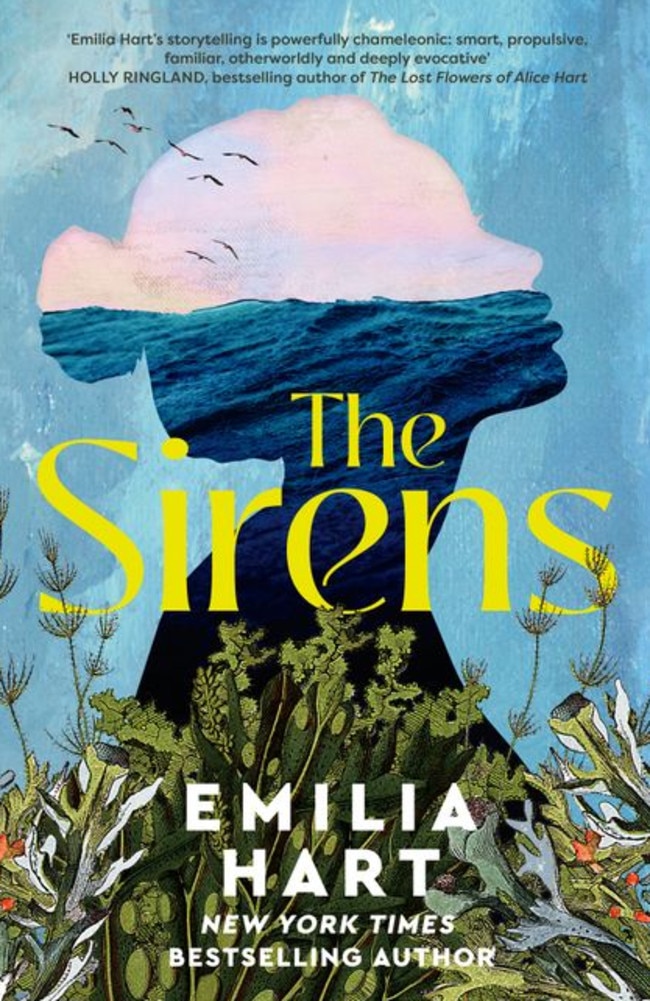Emilia Hart blends past and present to weave a murder mystery … with mermaids
Prostitution, assault and murder. A confronting chapter in Australia’s story has led to a modern mystery with its roots in the past – and Irish folklore.
Books
Don't miss out on the headlines from Books. Followed categories will be added to My News.
In 2021, after writing my first novel, Weyward, I was hungry for a story.
I was also very homesick: it was the height of the pandemic and I was in London, ten thousand miles from my family in Sydney. Australia’s borders were closed – even to citizens – and I had no idea when they would re-open.
I had never felt so keenly aware of the vast oceans separating me from my loved ones.
What, I wondered, would happen if the aviation industry collapsed, as some at the time feared it would? Would I one day have to travel by boat, as if I’d gone back in time two hundred years?

It’s probably no surprise that I began thinking about convict transportation, about hellish journeys in the cramped holds of prison ships. I’d also recently learned that a paternal ancestor was the captain of a convict ship transporting Irish men and women to New South Wales. Like many Australians, I have Irish ancestry – several of my mother’s forebears were young women who emigrated to Australia during the famine, having lost everything.
But those women had made a choice to leave. What would it be like to be taken from your home against your will? I was haunted by what the female convicts must have endured on that journey; what it must have taken for them to survive. I knew then that I had my story – and a way of alleviating my homesickness. Sitting at my desk in London, I immersed myself in the sights, sounds and smells of the Australian coast. The salt wind, the golden cliffs, the sweet smell of wattle.
Writing The Sirens also allowed me to reflect on my own relationship with the water. Growing up in Australia, I learned to swim almost as soon as I learned to walk, and always felt drawn to the sea.

I spent many happy family holidays at my uncle and aunt’s house near Bateman’s Bay on the NSW south coast, and the novel’s fictional setting of Comber Bay, with its rugged cliffs and sea-swept caves, is inspired by those memories. But my favourite place to swim is the McIver’s Ladies Baths in Coogee and, when at last I was able to fly to Sydney, I found myself cradled by its turquoise water, my characters crystallising in my mind. The baths have held significance for women for thousands of years: long before European arrival, they were – and remain – a sacred place for the women and girls of the Eora Nation, the traditional owners of the land. This is just one powerful example of the way that, across human history, diverse nations and cultures have drawn a link between women and the sea. From Hans Christian Andersen’s The Little Mermaid to Charybdis, the female monster from Homer’s Odyssey, women haunt the waves.
In fitting with the nationality of my convict characters, I’ve chosen to explore the merrow of Irish folklore: Ireland’s answer to the mermaid. The archetypal story goes that the merrow falls in love with a fisherman and is then torn between her new life on land with her husband and her home in the sea. I was surprised by how much her dilemma resonated. It felt reminiscent of the choice that women have to make, even now: a life with men, and all the dangers that poses, or a life without?

Reading about the experiences of female convicts – particularly those in the earliest days of transportation, when prostitution and sexual assault seem to have been rife – I also wondered whether there might be a link with the misogyny that many Australian women still face today. My modern-day characters, Jess and Lucy, grapple with this legacy, and in the end must make their own choice, much like the merrow of Irish folklore.
Now that the novel is about to be published, and I can look back on those frenetic, homesick days of writing with more distance, I think perhaps there was another reason I was drawn to the merrow’s story. Like her, I yearned for the sea – not the Irish Sea or the Atlantic Ocean, but the vast blue of the Pacific and the golden cliffs of the New South Wales coast.
I yearned for home.
Follow this link for more about The Sirens, by Emilia Hart. It will be published by HarperCollins on Wednesday.
Which books remind you of home, or another special place? Tell us at the Sunday Book Club group on Facebook.


